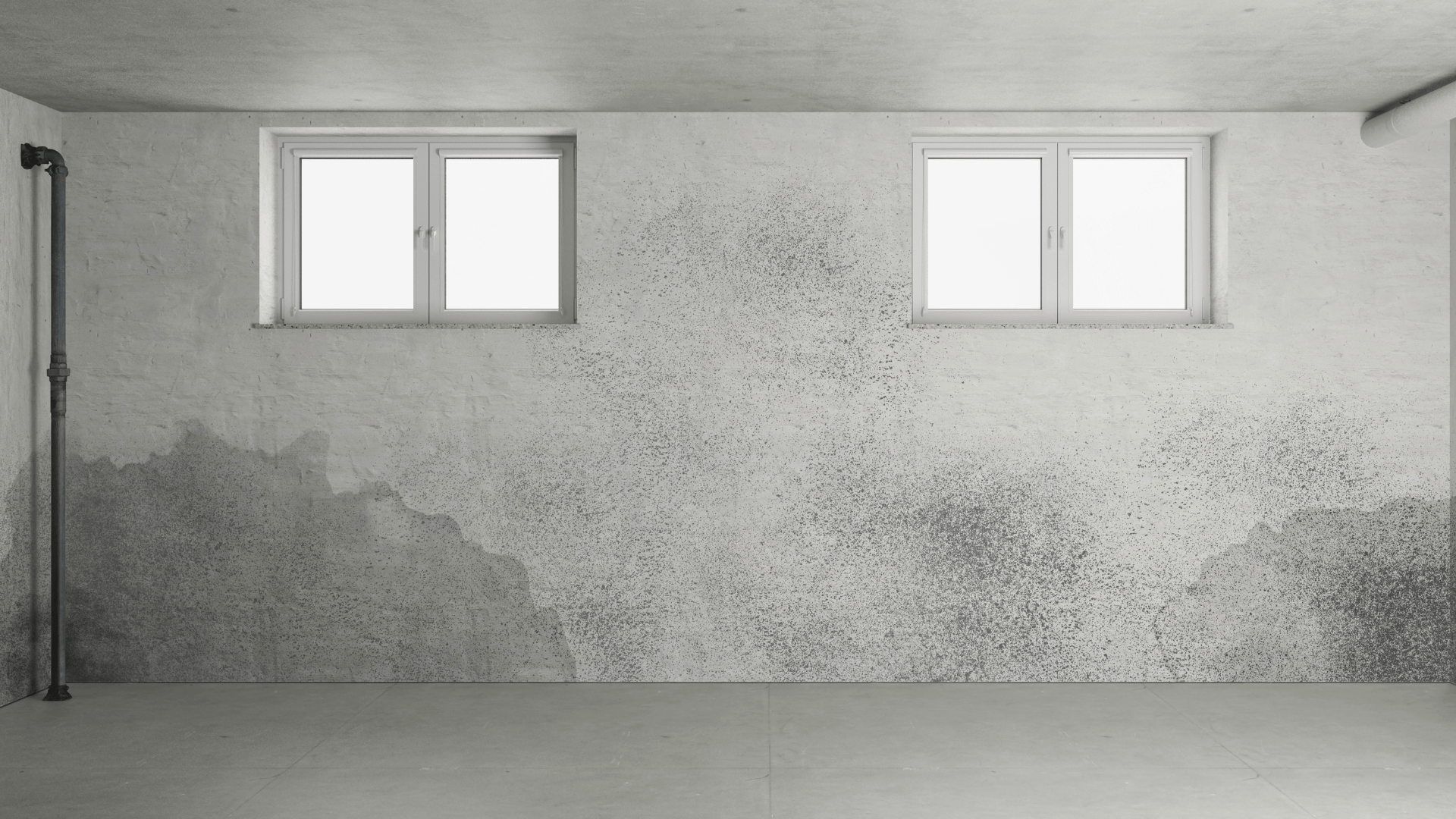Know the Early Red Flags Before They Turn Into Costly Repairs
When it comes to protecting your home, your basement is your first line of defence—especially during spring thaws and heavy summer rainfall. Ignoring early signs of moisture intrusion can lead to serious structural damage, dangerous mold growth, and expensive repair bills.
At City Wide Group, we help Toronto homeowners spot the signs early so they can avoid disaster. Below are the 10 most common warning signs that your basement may need waterproofing—and what to do next.
1. Persistent Musty Odours
A musty or earthy smell is often the first red flag of hidden water issues. Even if you can’t see visible water or mold, excess moisture can cause odours that linger and worsen over time.
What to do: Use a dehumidifier and improve ventilation. If the smell persists, it’s time to schedule a basement inspection in Toronto.
2. Visible Mould, Mildew, or Staining
Black spots, fuzzy white patches, or discolouration on basement walls and ceilings often point to high humidity or water seepage. Mould can spread fast and affect indoor air quality.
What to do: Clean the area, but don’t ignore the root cause. Toronto waterproofing professionals like City Wide Group can diagnose the problem and offer long-term solutions.
3. White Powder on Walls (Efflorescence)
That chalky, white residue on concrete or masonry isn’t just cosmetic—it’s a sign that water is entering and evaporating, leaving behind mineral deposits.
What to do: Efflorescence signals that water is moving through your foundation. Review our guide to sump pumps and waterproofing systems for long-term protection.
4. Cracks in Foundation Walls or Floors
Hairline cracks might seem harmless, but they can expand over time and become major water entry points. Cracks may also signal shifting soil or structural issues.
What to do: Get ahead of it with our foundation crack repair services in Toronto.
5. Warped Floors or Bowed Walls
Lifting hardwood, separating tile grout, or bulging drywall are clear signs of water damage from prolonged exposure to moisture. These issues worsen with time.
What to do: Don’t just fix the finish—address the source with a complete interior or exterior waterproofing solution.
6. Standing Water or Puddles
If you find water pooling on the basement floor after rainfall or snowmelt, your waterproofing system has failed—or may not exist at all.
What to do: See our post on how to stop a basement from leaking after heavy rain and take action immediately.
7. Poor Gutter or Downspout Drainage
Improperly positioned downspouts and clogged gutters direct water toward your foundation. This common issue is often overlooked.
What to do: Extend downspouts at least 3–4 metres away from the home and check that all gutters are clean and functioning.
8. Excessive Humidity
If your basement feels damp year-round or registers above 55% relative humidity, you likely have a moisture issue—especially in warmer months.
What to do: Combine a dehumidifier with basement waterproofing. Humidistats can help monitor and maintain ideal levels automatically.
9. Crumbling Concrete or Brick
If the surface of your concrete floor is flaking or mortar between bricks is breaking apart, water is likely weakening the materials—especially with Toronto’s freeze-thaw cycles.
What to do: Book a free waterproofing assessment before the damage spreads further.
10. Insects or Rodents in the Basement
Damp basements are a magnet for silverfish, carpenter ants, and other pests. If rodents are sneaking in, there may also be gaps or cracks in your foundation.
What to do: Seal entry points and schedule a waterproofing inspection to prevent further intrusion.
Why Early Detection Matters
Catching the warning signs early can save you thousands in repairs and protect your health and investment. Here’s what’s at risk if you delay:
- Structural Damage: Water can crack concrete, erode mortar, and shift foundations.
- Health Hazards: Mould spores can trigger allergies and respiratory issues.
- Energy Loss: Damp insulation leads to higher heating and cooling costs.
- Reduced Resale Value: Homes with moisture issues are harder to sell and often undervalued.
What to Do Next
- Document the Issues – Take photos or videos, especially during or after rain.
- Temporary Fixes – Use a dehumidifier, clear gutters, and ensure proper grading.
- Get a Professional Inspection – Contact City Wide Group for a detailed waterproofing assessment.
- Take Preventative Action – Whether it’s a sump pump, weeping tile, or foundation membrane, City Wide will recommend a solution tailored to your home.
- Stay Proactive – Regularly check your basement’s humidity, clean drains, and inspect your foundation.
Government Flood Risk Resources
Want to understand the broader risks? These Canadian resources can help:
- Public Safety Canada: Adapting to Rising Flood Risk
https://www.publicsafety.gc.ca/cnt/rsrcs/pblctns/dptng-rsng-fld-rsk-2022/index-en.aspx - Flood Damage & Insurance in Canada (Government of Canada Study)
https://www.canada.ca/en/environment-climate-change/services/water-overview/quantity/floods.html
Some provinces also offer rebates or funding for basement flood protection—check with your local municipality for available programs.
Choosing the Right Waterproofing Contractor in Toronto
Not all waterproofing companies are created equal. Here’s what to look for:
- Local Experience – Toronto’s soil, climate, and building types are unique.
- Comprehensive Services – From crack repair to full drainage systems.
- Certified Installers – Look for CFWA membership and licensed pros.
- Warranties – City Wide Group offers 25-year warranties for peace of mind.
- Client Testimonials – Check our Google Reviews and see why homeowners trust us.
What to Look for in a Quote
A detailed waterproofing quote should include:
- Photos of damage
- Scope of work (sump pump, excavation, membrane, etc.)
- Material details
- Timeline and weather contingencies
- Warranty coverage
- Post-project maintenance advice
Pro Tip: Book your basement waterproofing in early summer—before the fall rains and after the ground has thawed.
Final Thoughts
Your basement is more than just storage space—it’s a critical part of your home’s health and stability. Recognizing early warning signs like damp smells, visible mould, or even tiny cracks can save you from major headaches down the line.
City Wide Group has been helping homeowners with waterproofing Toronto properties for over 60 years. Request a waterproofing quote today or schedule an inspection to learn how we can help protect your home.










